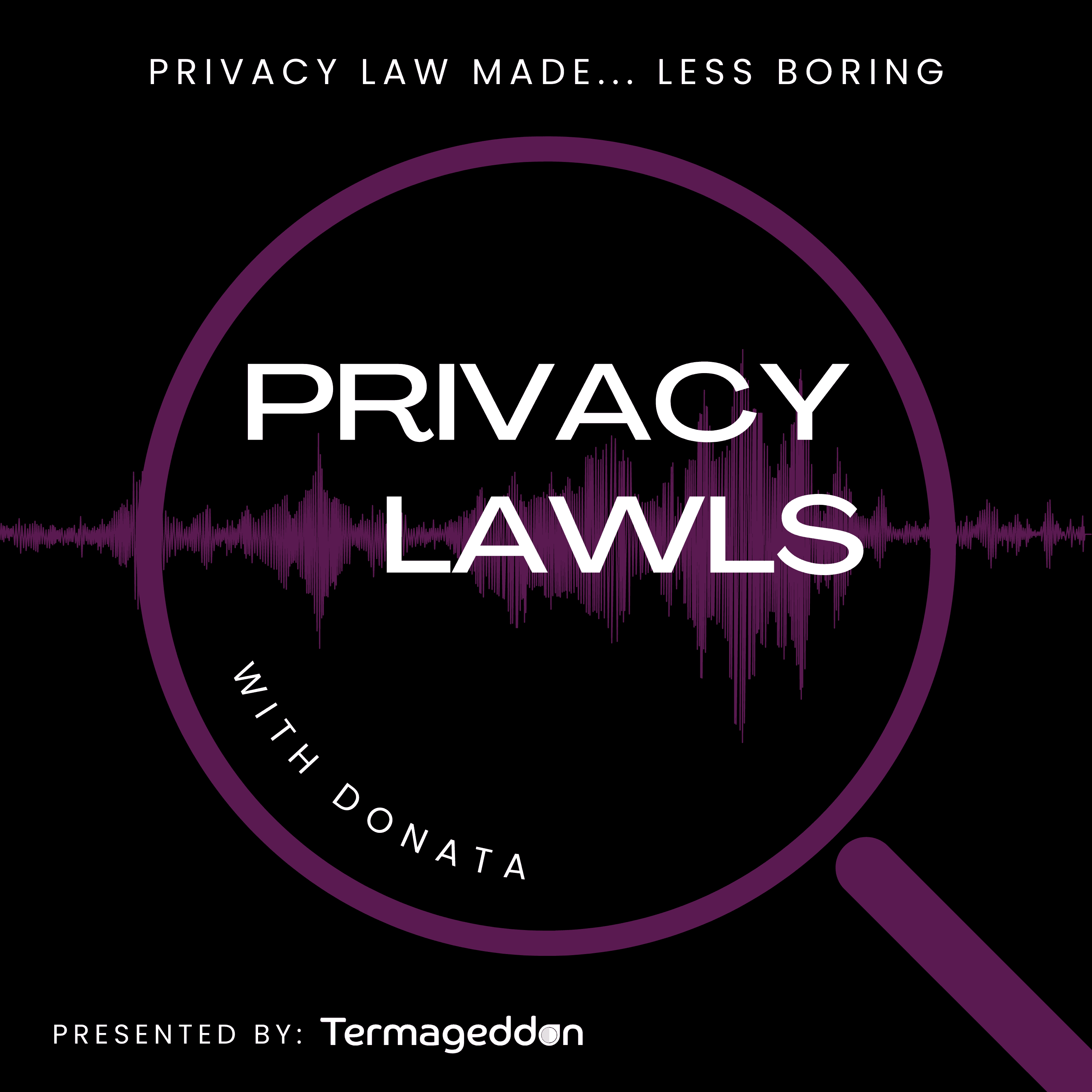Privacy Lawls with Donata
Ep. 6 | Privacy vs. Security, are they the same thing? (Guest: Jody Westby)

Search the Site
Popular Articles
Browse by Category
Subscribe for Updates
Privacy Lawls with Donata
